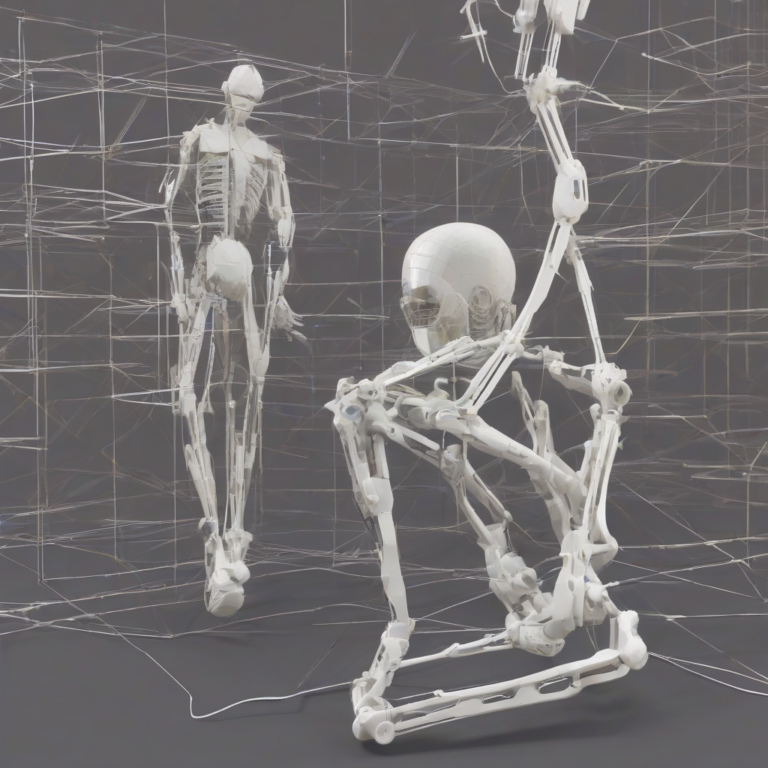New Car Insurance: A Comprehensive Guide to Protecting Your Investment
New Car Insurance: A Comprehensive Guide to Protecting Your Investment
Buying a new car is a significant investment, and protecting it with comprehensive insurance is crucial. This guide will walk you through the essentials of new car insurance, helping you understand your coverage options, key factors to consider, and how to find the best policy for your needs.
Understanding New Car Insurance
New car insurance is a specialized form of auto insurance designed to safeguard your vehicle against various risks, from accidents and theft to natural disasters and vandalism. It’s a vital financial safety net, shielding you from potentially devastating financial burdens in case of unforeseen incidents.
Types of Coverage in New Car Insurance
- Liability Coverage: This coverage protects you financially if you’re responsible for an accident causing injuries or damage to others. It typically includes:
- Bodily Injury Liability: Covers medical expenses, lost wages, and other related costs for injuries to others in an accident.
- Property Damage Liability: Covers damage to other vehicles, property, or structures involved in an accident.
- Collision Coverage: Covers repairs or replacement costs for your vehicle if it’s damaged in an accident, regardless of who’s at fault. This coverage is often optional, but highly recommended for new cars.
- Comprehensive Coverage: Provides coverage for damage to your vehicle caused by events other than accidents, such as theft, vandalism, fire, hail, flood, or other natural disasters. This coverage is typically required by lenders if you finance your new car.
- Uninsured/Underinsured Motorist Coverage: Protects you if you’re involved in an accident with a driver who doesn’t have insurance or has insufficient coverage. This coverage pays for your injuries and vehicle damage.
- Personal Injury Protection (PIP): Covers your medical expenses, lost wages, and other related costs if you’re injured in an accident, regardless of fault. This coverage is often required in certain states.
- Gap Insurance: Bridges the gap between the actual cash value (ACV) of your vehicle and the amount you owe on your loan if it’s totaled. This coverage is essential if you financed your new car, as the ACV may be significantly less than the loan balance.
Factors Influencing New Car Insurance Costs
The cost of new car insurance is determined by several factors, including:
- Vehicle Make and Model: Certain vehicle makes and models are associated with higher insurance premiums due to factors like safety ratings, repair costs, and theft risk.
- Driving History: Your driving record, including accidents, traffic violations, and DUI convictions, significantly impacts your insurance premiums.
- Age and Gender: Younger drivers and males typically pay higher premiums due to their increased risk of accidents.
- Location: Insurance premiums vary depending on your location, as certain areas have higher accident rates and theft risks.
- Coverage Levels: Higher coverage levels, such as a higher deductible, will generally result in lower premiums. However, it’s essential to strike a balance between coverage and affordability.
- Credit Score: In some states, your credit score can influence your insurance premiums. This practice is controversial, but it’s becoming increasingly common.
- Discounts: Many insurers offer discounts for safe driving, good student records, multiple vehicle insurance, and other factors. Taking advantage of these discounts can significantly reduce your premiums.
How to Find the Best New Car Insurance
Finding the best new car insurance involves comparing quotes from multiple insurers and considering your individual needs:
- Get Quotes from Multiple Insurers: Don’t settle for the first quote you receive. Shop around and compare quotes from at least three to five different insurers.
- Consider Your Needs: Determine the coverage levels that best meet your financial and risk tolerance. Factor in your vehicle’s value, your driving history, and your financial situation.
- Look for Discounts: Inquire about available discounts and make sure you’re taking advantage of all eligible ones.
- Read Policy Details Carefully: Don’t just focus on the price. Carefully read the policy details to understand the coverage limits, exclusions, and conditions.
- Check the Insurer’s Reputation: Research the insurer’s financial stability, customer satisfaction ratings, and claims handling practices.
Tips for Saving Money on New Car Insurance
- Increase Your Deductible: Choosing a higher deductible can lower your premiums, but ensure it’s a deductible you can afford in case of an accident.
- Improve Your Driving Record: Avoid traffic violations and accidents, as they can significantly increase your premiums.
- Bundle Your Policies: Combining your auto insurance with other policies, like homeowners or renters insurance, can often result in discounts.
- Consider Pay-As-You-Drive Insurance: This type of insurance uses telematics devices to track your driving habits, potentially leading to lower premiums for safe drivers.
- Negotiate Your Premiums: Don’t be afraid to negotiate your premiums with your insurer. Explain your situation and ask if any discounts or special programs apply.
Important Considerations for New Car Insurance
- Gap Insurance: If you financed your new car, it’s essential to consider gap insurance to bridge the gap between the actual cash value and the loan balance if your vehicle is totaled.
- Rental Reimbursement: This coverage provides a rental car while your vehicle is being repaired, ensuring you have transportation if you’re unable to drive your car.
- Roadside Assistance: This coverage provides emergency assistance, such as towing, jump starts, and flat tire changes.
Conclusion
Securing comprehensive insurance for your new car is a crucial step in protecting your investment. By understanding the different types of coverage, factors influencing insurance costs, and tips for finding the best policy, you can ensure you have the financial protection you need in case of accidents, theft, or other unforeseen events. Remember to shop around, compare quotes, and choose a policy that meets your individual needs and budget.






